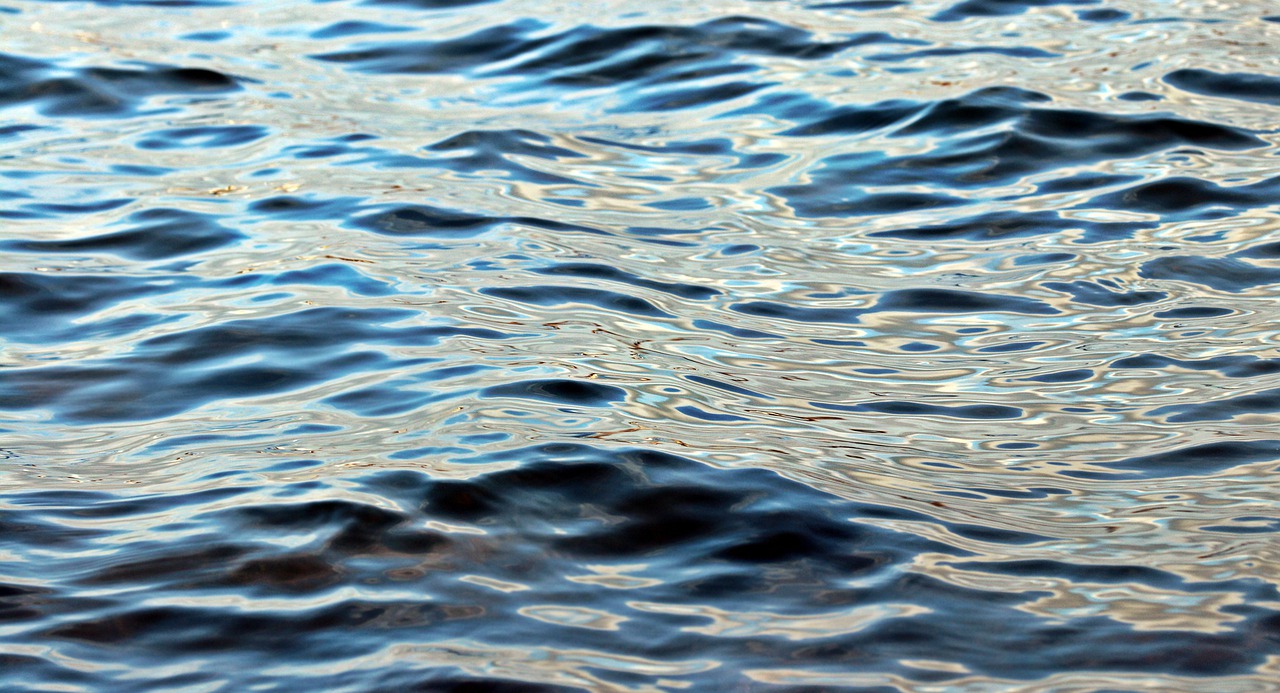Nyheter
Pressure on EU to sanction Chinese fisheries mounts

In light of increasing evidence of infractions by Chinese vessels, wake-up calls from multiple stakeholders and policymakers are piling up at the Commission’s door, asking to enforce EU rules on China over illegal fishing and human rights abuses.
China’s presence in international waters is not always the most visible, but after the world’s leading economy – the US – decided to take steps and sanction Chinese vessels, some wonder if the EU should follow.
“China is a clear example of a country with a significant illegal, unreported and unregulated (IUU) fishing problem, especially for its long-distance fishing fleet that operates in the ocean globally,” said Vanya Vulperhorst, campaign director for illegal fishing and transparency at the NGO Oceana.
However, the EU executive is still not giving signs of action on the matter, despite the existence of a solid sanction system for imposing penalties over IUU fishing activities.
“It, therefore, seems that the EU prefers to use the dialogue and responsiveness created through the Blue Partnership to address IUU fishing by Chinese-flagged vessels,” Vulperhorst assumed.
The EU and China signed a bilateral agreement in 2018 – the Blue Partnership – to ‘cooperate on global ocean governance’ and created a standing working group which meets once or twice a year.
Pedro Reis Santos, secretary general of the Market Advisory Council (MAC), which provides market advice to the EU executive on fishery and aquaculture products, told EURACTIV that during a meeting in March 2022, a Commission representative confirmed that work was being done under the Blue Partnership on IUU issues.
“I would infer that, at least until then, the Commission believed that there was more added value in exchanging in the context of that working group than proceeding with a card,” he said, aligning with Oceana’s campaign director.
Distant water ‘kings’
An independent study requested by the European Parliament’s Committee on Fisheries (PECH) in early December 2022 concluded that “[t]here are concerns that a large number of vessels of the Chinese distant water fleets ‘go dark’, using techniques such turning off their automatic identification system, which increases the possibility of illegal, unreported and unregulated (IUU) fishing infractions”.
Distant water fleets (DWF) are fishing vessels operating outside their national exclusive economic zones (EEZs) through ‘joint ventures’ or bilateral agreements. These boats travel long distances across oceans to fish more valuable species not found within their national waters or to catch higher volumes.
In a matter of years, China has become the world’s largest distant water fleet – the top fishing country on the high seas since 2014. This trend was favoured by the depletion of fish stocks in Chinese waters, but it is also partially due to China’s economic strategy that has elevated fisheries to a global political priority.
To put this into perspective, the European distant water fleet is estimated at 259 vessels, while the Chinese fleet exceeds 2700 vessels, according to data from the Chinese government.
The Chinese fleet is most present in African waters such as Ghana, Mauritania or Ivory Coast, Southeast Asian waters and South America.
According to the study requested by PECH, “there is a general lack of details and transparency” on the agreements and licensing used by China to gain legal access to those areas.
The study also found a lack of ‘reliable’ data and transparency on fishing activity and monitoring systems where China’s distant water fleets operate, which increases the risk of overfishing.
“This has led to environmental degradation and reduced resource availability, as well as socio-economic implications for local communities in some areas,” it reads.
US sanctions Chinese vessels – what about the EU?
But the PECH-commissioned study, to be followed by a European Parliament report, is not the only one waving the red flag.
On the same day, the study came out (9 December), the US Department of the Treasury’s Office of Foreign Assets Control (OFAC) announced sanctions on two individuals – and the several Chinese fishing companies they own – over illegal fishing and human rights abuse.
The sanctions include freezing the US assets of individuals and companies and barring them from doing business in the US. In total, the measures will impact 157 Chinese-owned vessels.
Since 2010, the EU also has a regulation in place to deal with – and in some cases sanction – IUU fishing activities which apply “to all fishing vessels, under any flag, in all maritime waters” and includes practices such as fishing without a valid license, in a protected area, using prohibited gear or failing to fulfil reporting obligations.
The EU uses a carding’ system to enforce this legislation and ensure ‘only legally caught’ products enter the EU market.
Firstly, when the Commission has evidence that a third country is involved in IUU fishing activities, it will issue a ‘yellow card’ as a warning. This will kick off a dialogue to ‘solve the issues of concern’.
Secondly, the Commission will issue a ‘green card’ if the dialogue is successful. On the contrary, if the Commission considers progress insufficient, it will give a ‘red card’.
A red card essentially means the country will be added to the list of non-cooperating countries and, therefore, will be banned from the EU market.
This month, Cameroon became the latest country to be ‘red carded’ by the EU. According to the official statement, Cameroon registered fishing vessels outside its waters without sufficiently monitoring their activities — including one vessel involved in illegal fishing.
Since 2012, the Commission has issued illegal fishing’ red cards’ to six other countries – Belize, Cambodia, Comoros, Guinea, Sri Lanka, and Saint Vincent and the Grenadines – and has opened procedures to 27 countries.

The EU uses a carding’ system to enforce this legislation and ensure ‘only legally caught’ products enter the EU market. Source: European Commission
Why is the EU not ‘carding’ China?
The last warning (13 December) arrived at the Commission through its advisory partners – the Market Advisory Council (MAC) and Long Distance Fleet Advisory Council (LDAC) – representing market experts, the fishing sector, civil society, and trade unions.
“In light of the strong evidence of IUU operations by vessels of Chinese origin all over the world, the LDAC and the MAC question the reasons why China has not been pre-identified (“yellow carded”) yet,” reads the statement.
The councils acknowledged that “progress has been recorded in the cooperation between the EU and China in fighting IUU fishing” but are concerned that it is not progressing fast enough compared to the Chinese distant water fleet’s rapid expansion.
The LDAC and MAC also raised the alarm over human rights abuses associated with the fleet – such as forced labour and corruption – that China has not yet tackled and demanded public disclosure of how China’s performance has been evaluated.
“The European Commission is expected to reply within two months to our recommendations. A reply from the Commission is still pending,” added Santos.
For Oceana’s campaign director Vulperhorst, another reason why the EU has yet to issue a yellow card to China is that these are major trade partners in fisheries and aquaculture products.
“A seafood trade ban with China, which exported seafood products worth €1.1 billion in 2020, would be significant in terms of trade, even if the EU has yellow carded Ecuador, whose exports were worth €679 million in 2020,” she said.
In terms of value, China is the second most important partner from which the EU imports fisheries and aquaculture products, only surpassed by neighbouring Norway. China is also the fourth largest recipient of EU marine products exports.
To date, the EU has listed 1371 Chinese companies that can export fish and derivative products to Europe.
“Despite some implementation shortcomings, the EU still has the strongest legal mechanism to tackle IUU fishing internationally,” concluded Oceana’s campaign director.
However, as the Advisory Council’s joint statement highlights, even with a strong legal mechanism, no ‘double standards’ must be applied to different countries in its implementation.
Contacted by EURACTIV, the European Commission and the Chinese representation to the EU did not respond by the time of publication on the allegations of China’s illegal fishing activities and other aspects raised in this reporting.
Källa: Euractiv



